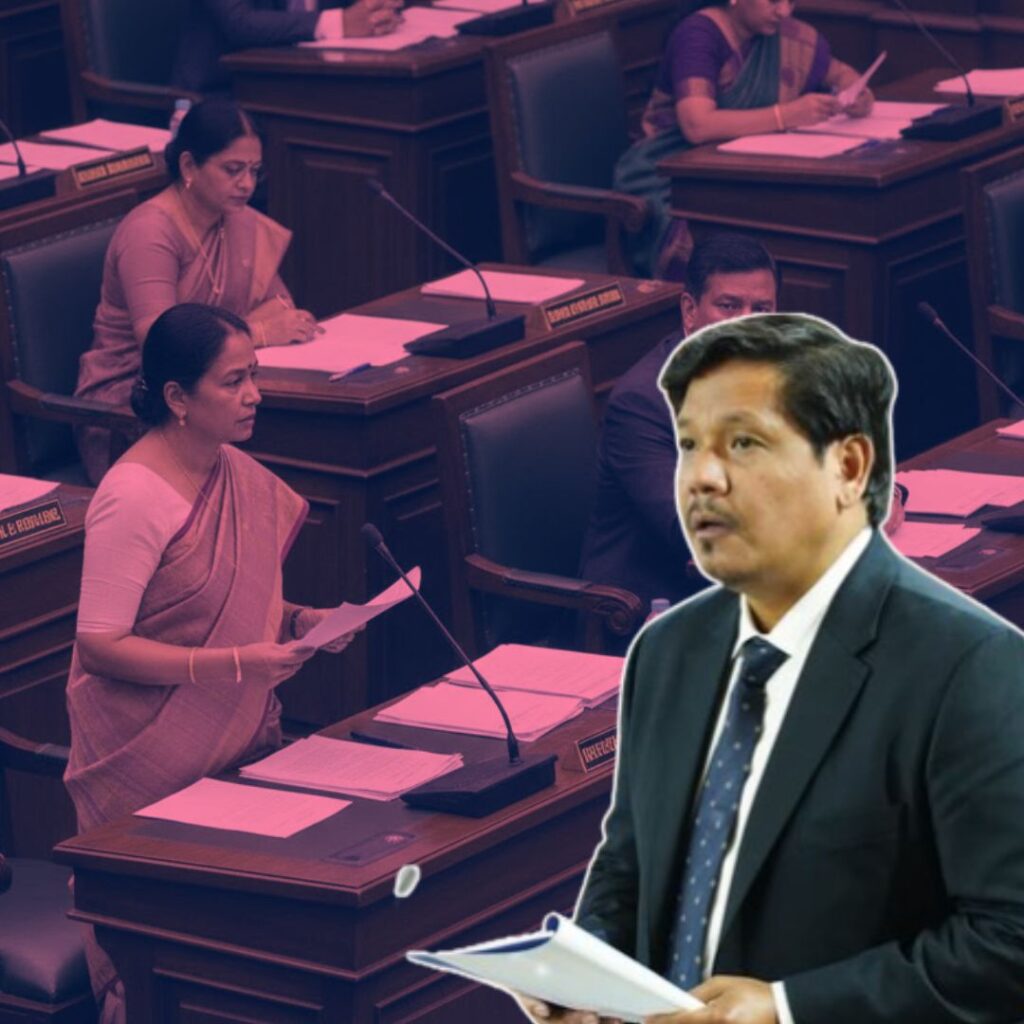Ambedkar’s views on anything are always a treat to read. He was an opinionated man and a passionate debater. His views on constitutionalism, democracy, caste, religion, individualism, and economics not only influenced countless people over the years, they also had a profound impact on the very foundations of Indian democracy.
Ambedkar and religion
Ambedkar was a Hindu for most of his life. In his final years, he converted to Buddhism.
Throughout his life, Ambedkar was a staunch supporter of secularism. One instance that substantiates this is his support for a uniform civil code. During the Constituent Assembly debates, he famously stated,
“I personally do not understand why religion should be given this vast, expansive jurisdiction, so as to cover the whole of life and to prevent the legislature from encroaching upon that field. After all, what are we having this liberty for? We are having this liberty in order to reform our social system, which is so full of inequities, discriminations and other things, which conflict with our fundamental rights.”
Credit: sikhsiyasat
Ambedkar on Hinduism
I like to assure the Mahatma that it is not the mere failure of the Hindus and Hinduism which has produced in me the feelings of disgust and contempt with which I am charged. I realise that the world is an imperfect world and anyone who wants to live in it must bear with its imperfections. But while I am. prepared to bear with the imperfections and shortcomings of the society in which I may be destined to labour, I feel I should not consent to live in a society which cherishes wrong ideals or a society which having right ideals will not consent to bring its social life in conformity with those ideals. If I am disgusted with Hindus and Hinduism it is because I am convinced that they cherish wrong ideals and live a wrong social life. My quarrel with Hindus and Hinduism is not over the imperfections of their social conduct. It is much more fundamental. It is over their ideals.
I didn’t launch the temple entry movement because I wanted the Depressed Classes to become worshipers of idols which they were prevented from worshiping or because I believed temple entry would make them equal members in and an integral part of the Hindu Society. So far as this aspect of the case is concerned I would advise the Depressed Classes to insist upon a complete overhauling of Hindu Society and Hindu theology before they consent to become an integral part of Hindu Society. I started temple entry Satyagraha only because I felt that was the best way of energising the Depressed Classes and making them conscious of their position. As I believe I have achieved that purpose I have no more use for temple entry. I want the Depressed Classes to concentrate their energy and resource on politics and education and I hope that they will realise the importance of both.
Credit: jagrukbharat
Ambedkar on Islam
If Islam and Hinduism keep Muslims and Hindus apart in the matter of their faith, they also prevent their social assimilation. That Hinduism prohibits intermarriage between Hindus and Muslims is quite well known. This narrow-mindedness is not the vice of Hinduism only. Islam is equally narrow in its social code. It also prohibits intermarriage between Muslims and Hindus. With these social laws, there can be no social assimilation and consequently no socialisation of ways, modes and outlooks, no blunting of the edges and no modulation of age-old angularities.
There are other defects in Hinduism and in Islam which are responsible for keeping the score between Hindus and Muslims open and running. Hinduism is said to divide people and in contrast, Islam is said to bind people together. This is only a half truth. For Islam divides as inexorably as it binds. Islam is a close corporation and the distinction that it makes between Muslims and non-Muslims is a very real, very positive and very alienating distinction. The brotherhood of Islam is not the universal brotherhood of man. It is the brotherhood of Muslims for Muslims only. There is a fraternity, but its benefit is confined to those within that corporation. For those who are outside the corporation, there is nothing but contempt and enmity. The second defect of Islam is that it is a system of social self-government and is incompatible with local self-government because the allegiance of a Muslim does not rest on his domicile in the country which is his but on the faith to which he belongs. To the Muslim ibi bene ibi patria is unthinkable. Wherever there is the rule of Islam, there is his own country. In other words, Islam can never allow a true Muslim to adopt India as his motherland and regard a Hindu as his kith and kin. That is probably the reason why Maulana Mahomed Ali, a great Indian but a true Muslim, preferred to be buried in Jerusalem rather than in India.
Credit: middleeastrevised
Ambedkar’s philosophy on religion Ambedkar opined that religion could not be…











